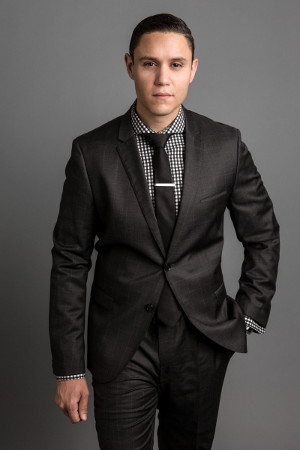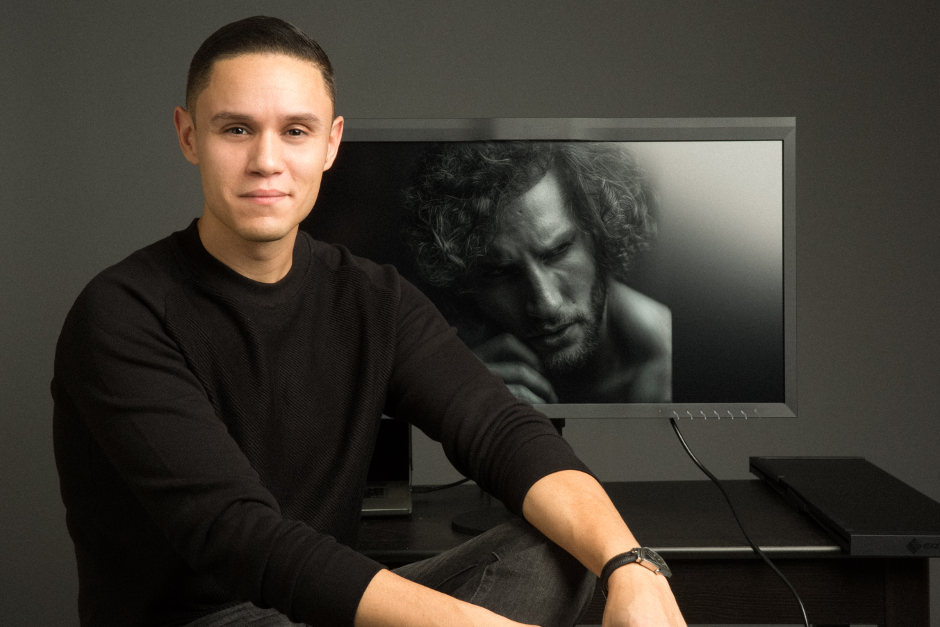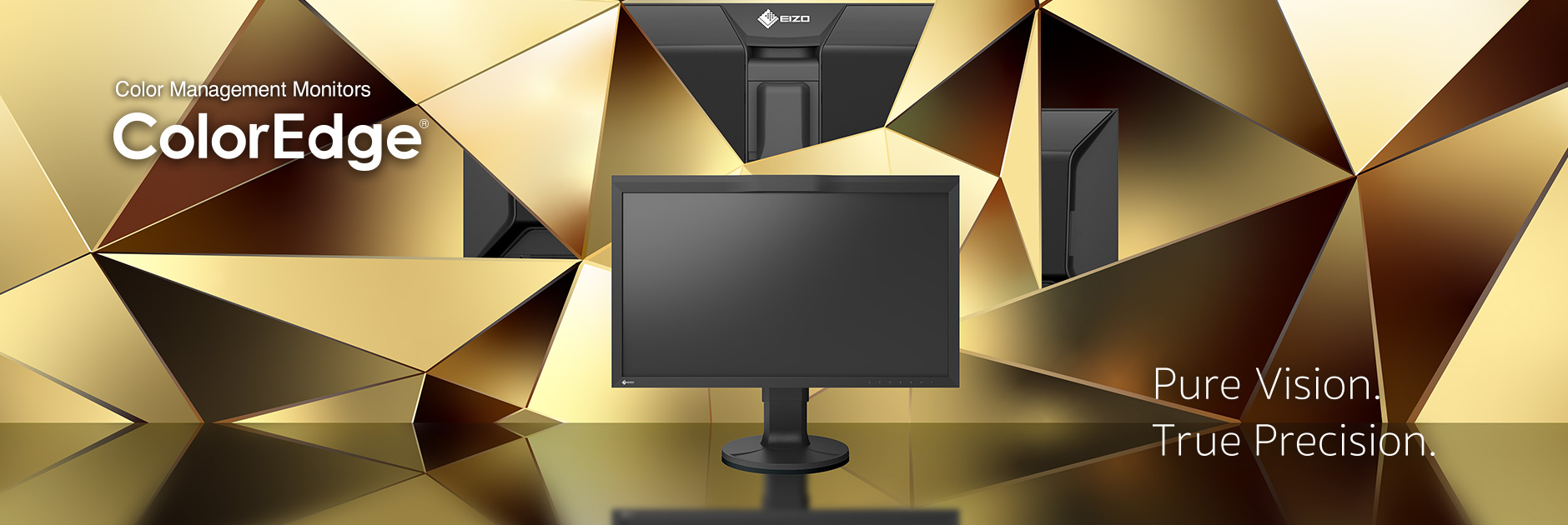Case Studies
Jeff Rojas
 |
Jeff Rojas is an American Photographer and author based in New York City. His primary body of work includes portrait and fashion photography that has been published in both Elle and Esquire. Jeff also frequents as a photography instructor. His teaching experience includes platforms like CreativeLive, WPPI, the Photo Plus Expo, Imaging USA and APA. |
What made you want to be an educator in the photography field and where can we see more of your work?
I come from a corporate background (yes, suit and tie and all), and I loathed my job. Although, I’ve always been a creative in some capacity, I never saw the possibility of earning a living as a creative. That all changed in my early to mid twenties when I was laid off and pursued my passion as a way to earn a living. Once that happened, it felt like a breath of fresh air and like my shackles were removed. That’s a gift that I want to give to others.
If you want to learn more about photography, the business of photography or retouching, then look no further: www.youtube.com/sajorffej
What type of equipment do you currently use and what advantages do you get from these products?
At the present moment, I own several EIZO monitors that I’m really proud of including into my kit. The first is the ColorEdge CG318-4K, which is the staple piece at my desk at home. Truth be told, it’s not the most compact solution for a New York City apartment, but it makes retouching and video editing a breeze. My goal with my workflow is to keep things as minimalistic, but as functional as possible in order to retain my sanity. Having a monitor that has the ability to display 99% of the Adobe RGB color space, has a built in colorimeter, and is able to display 4K content at an aspect ratio of 1.9:1 is how I do that. While that sounds like a sales pitch - it’s not. I really do love my monitor.
My second monitor is a CG2420, which is my go to studio monitor. It’s light, it’s portable and it gets the job done – it’s a workhorse.
How subjective would you say equipment choice is? (Will what works for one photographer necessarily work for another?)
Every photographer is going have their own preferences when it comes to gear, but that doesn’t mean that their choices are necessarily the best. Before I invest in any gear, I always ask myself how is that purchase going to save me time doing my job or how’s it going to save me money in the long run. Now, when you’re working for yourself, time is money. The less time I spend trying to calibrate screens or making sure my client’s images exactly match what I’ve edited, the more time I spend with new clients. That’s what works for me.
Where do you get your inspiration?
I find that the source of my inspiration changes over time. These days I found myself studying Annie Leibovitz’s work. That sounds so unoriginal, but I sincerely love how she captures people’s emotions. I respect that. Most photographers want to control their subjects, and she just let’s them be who they are naturally. It’s empowering.
Do you prefer digital to film when shooting?
Oh the purists are going to hate me for this one. My love of photography started with digital. I’ve never had the opportunity to shoot film, but I’m sure that it would benefit me to invest time learning to.

Are there specific techniques that are always a part of your workflow?
Whether you’re a photographer or simply an aspiring one, you’re going to be pulled in a million different directions with your business. Between emails, accounting, marketing, retouching and photographing clients, a solid workflow is something that can help you keep your sanity. So, yes! I have a really simple retouching workflow that I think would benefit most portrait photographers.
There seems to be more and more successful women in photography than ever before, what are your thoughts about the trend for women in the photography industry?
Most of the people I admire as photographers are women. I think that when it comes to shooting women’s fashion, a woman will have the upper hand. She understands the styling and the makeup. That seems absolutely foreign to me. I think that’s why I shoot more men than women these days. I’ve learned from the greats.
Are there any noteworthy highlights/challenges you have experienced in your career history?
Absolutely. I could name a plethora of different challenges that I’m deal with on a daily basis in business, but if we’re being honest, probably a better work / life balance. I say that jokingly because I LOVE my job. I’m VERY LUCKY to be able to do what I do, but it doesn’t always lend itself to much quality time with my loved ones. That’s something I’m learning how to accomplish, but I think that’s more of a life long achievement.
What advice would you give a newcomer who is just beginning their career? (Any Do’s and Don’ts)
DO: Respect the photographers who laid the foundation for you. Without their sweat, you wouldn’t have a job. However DON’T let those photographers walk all over you.
DON’T: Don’t ever listen to anyone who tells you something isn’t possible. DO focus on making it happen.
DO: Invest in your business, which also includes educating yourself. DON’T blow your money away – save for a rainy day.


Photos courtesy of Jeff Rojas
https://www.sajorffej.com/




